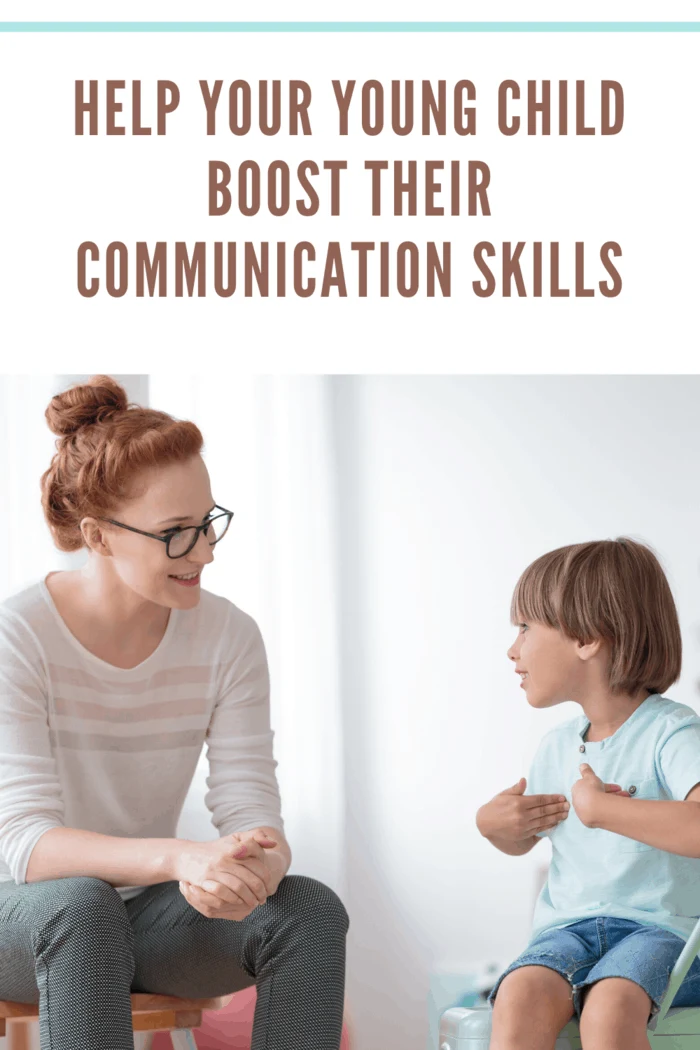Key Ways to Help Your Young Child Boost Their Communication Skills
It’s not something many people focus on, but having quality communication skills is essential in most areas of life, from school and work through to relationships and everyday tasks.
If you want to give your child the best possible chance at a successful and happy life and make it easier for them to communicate with you over the years, too, it pays to encourage their skills in this area.
There are various ways you can help your child develop and grow their communication abilities.
Encourage Reading
Introduce babies and toddlers to books from a young age.
Reading with youngsters teaches them valuable literacy and language skills they’ll use when communicating.
When you sit together for reading time, encourage your little one to turn the pages, learn about the structure of a book, and point to what they notice on the page.
As children get older, have them repeat phrases found in books, and talk about what might happen next in the stories and what the characters might feel and want.
Over time, kids can start learning their letters and eventually start reading.
You might like to buy some leveled books to suit their different abilities as they gain new skills and can read the text themselves.
The more you encourage kids to build their reading skills, the more they can learn about themselves and the world, and how to communicate effectively in it.

Talk to Them Extensively
When it comes to language, speech, and verbal communication, you can start your youngster off well by talking to them all day long from an early age.
For example, when they’re just a baby, talk about each action you do and things you see as the two of you move around the house or outside.
Bubs soak up all these words and phrases like a sponge.
As they get older, encourage kids to trial all sorts of sounds and words.
Try to get them to say things after you, and use children’s books with repetition, rhyme, and rhythm to help them pick up the musicality and pronunciation of speech.

Ask Open-Ended Questions
Ask your kids open-ended questions wherever possible.
When they’re very young, this encourages them to talk more and get used to communicating their wants, needs, feelings, and opinions.
Children learn quickly to say yes and no, but you also want to support them to put sentences together of their own accord.
Broad questions help with this, as it makes them more likely to give detailed, expressive answers.
As your little ones grow up, the importance of open-ended questions only grows.
Kids are often less inclined to share as they age, but questions that don’t lend themselves to a simple black or white response encourage them to open up.
Over the years, ask youngsters questions such as what they enjoyed best about an activity, what they love/dislike about particular foods or outings, and what happened in their day.
This allows them to develop natural conversation skills.

Give Children Time
When kids are learning to communicate with you and others, give them space to work out what they want to say or write.
Parents and other adults often get impatient and want answers quickly, so end up guessing responses or cutting kids off if it’s clear what they’re trying to come out with.
Children, especially younger ones, can take a while to get to their point and often go off-topic, so this reaction is understandable.
However, it also doesn’t help children to learn to communicate or to feel safe to share.
Avoid finishing sentences for your children and give them the time they need, undisturbed, to express themselves.

Limit Corrections and Respect Feelings
Also, take care not to correct your child constantly if they mispronounce words, get phrases mixed up, rush their speech, or don’t speak clearly.
You can pick your youngster up sometimes but don’t get into the habit of overcorrecting them all day.
Doing this knocks their confidence and can create a negative association in their mind with speaking.
Instead, compliment and praise your child’s vocabulary and times when they try new, more difficult words.
Furthermore, respect your child’s feelings.
When they communicate something to you that you don’t like or that worries, sadden, or alarms you, don’t immediately tell them they’re wrong or silly, etc.
Kids won’t share their thoughts and feelings if they expect to be criticized, judged, teased, or otherwise responded to negatively when communicating.
Try the strategies listed above to help your child become their best self and learn how to get their message across to others effectively and responsibly.
These skills will support them throughout their life, in many ways.

Comments
Post a Comment